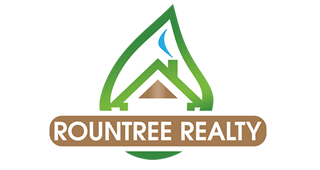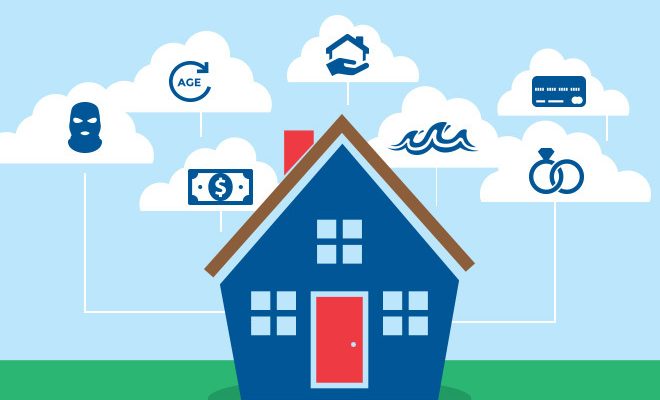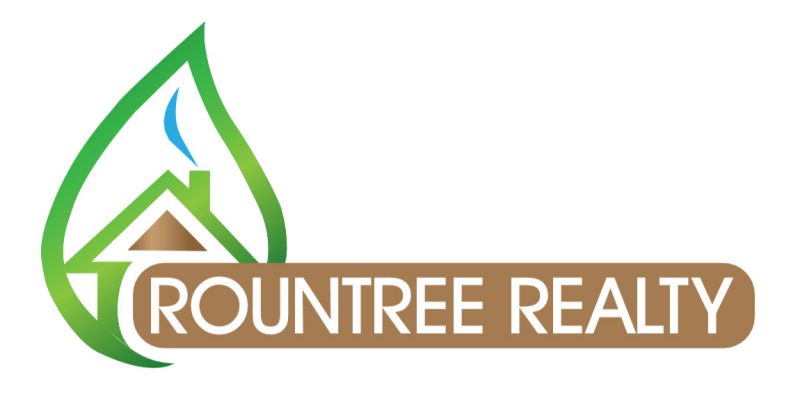For many homebuyers, property insurance is a detail, a box to be checked off on the way to closing. But details are important and missteps can be expensive. Purchasing insurance may not be as fun as choosing new furniture and paint colors, but it’s a critical part of the homebuying process. Your homeowners insurance policy is a financial safety net in case of a disaster, so you’ll want to ask a few important questions to make sure you have the coverage you need at a price you can afford.
What’s the dwelling coverage per square foot?
Imagine that a fire burned your house to the ground and your policy didn’t pay out enough to rebuild it. That could happen if your dwelling coverage – the part of your policy that covers the structure of your home – is too low.
To prevent this, don’t simply accept the initial dwelling coverage amount an insurance company recommends. “Insurance companies use replacement cost calculators, but they’re not 100% accurate by any means,” says Ryan Andrew, president of The Andrew Agency, an independent insurance agency serving Virginia, Maryland and Washington, D.C.
For a more accurate estimate, ask your insurer to send someone to your house for a replacement evaluation, suggests Amy Bach, executive director of United Policyholders, a nonprofit that advocates for insurance consumers. You can also ask a local builder who specializes in new construction to estimate your home’s rebuilding cost per square foot.
Once you’ve chosen an appropriate dwelling limit, consider adding extended replacement cost coverage to your policy. With this coverage, your insurer will pay 10% to 50% more than your dwelling coverage amount to help you rebuild. This could save you thousands of dollars if building prices spike for unforeseen reasons such as a lumber shortage or high demand after a disaster.
A typically pricier option, guaranteed replacement cost coverage, will pay to rebuild your home regardless of expense.
Do I have multiple deductibles?
Homeowners may not realize that on some policies, higher deductibles may apply for claims due to wind, hail, named storms or other disasters.
For example, say a hurricane causes wind damage to your roof. Your insurance policy might have a wind deductible worth 5% of your dwelling coverage rather than the $1,000 deductible that applies to most other claims, Andrew says. So if your house were covered for $250,000, you’d have to pay for the first $12,500 of damage before your insurer paid anything.
Getting quotes from multiple insurers may help you reduce or eliminate these high deductibles.
What isn’t covered?
You might be unpleasantly surprised by your policy’s exclusions. “Flood insurance, which is excluded on almost all homeowners policies, is definitely a big one,” Andrew says, adding that this is especially important for homeowners with finished basements.
Even houses that aren’t near a body of water could experience flooding during heavy downpours, Andrew says, and a standard homeowners policy is unlikely to cover any damage.
You can buy flood insurance through companies that participate in the National Flood Insurance Program. The program’s average flood claim payout was $52,000 in 2019.
Andrew also suggests adding water backup coverage to your policy. This pays for damage due to water backing up into your house from sewer lines, sump pumps or other water lines.
Another common coverage gap involves keeping up with current building laws. “If you have to make improvements when you’re repairing or replacing (your home) because the codes have changed since your house was built, a typical policy will exclude that,” Bach says. Though this can be particularly expensive for older homes, “even a house that was built five years ago is out of code,” Andrew says.
Both Bach and Andrew recommend adding ordinance or law coverage to your policy to handle these expenses.
How can I save?
While having the right coverage is generally more important than paying the bare minimum, there are discounts to make your policy more affordable. Andrew suggests buying your car, homeowners and other insurance through the same company to take advantage of bundling discounts, which can save you 20% or more.
“The best way to bring down the price without sacrificing coverage is to raise your deductible,” Bach says. Being willing to pay for smaller repairs yourself rather than filing claims will help keep your premiums low.
If you’re confused about coverage and discounts, reach out to an insurance agent to talk through your options. “Take a little extra time to understand what it is that you’re purchasing,” Andrew says. “For most people a house is the most expensive asset they have.”















